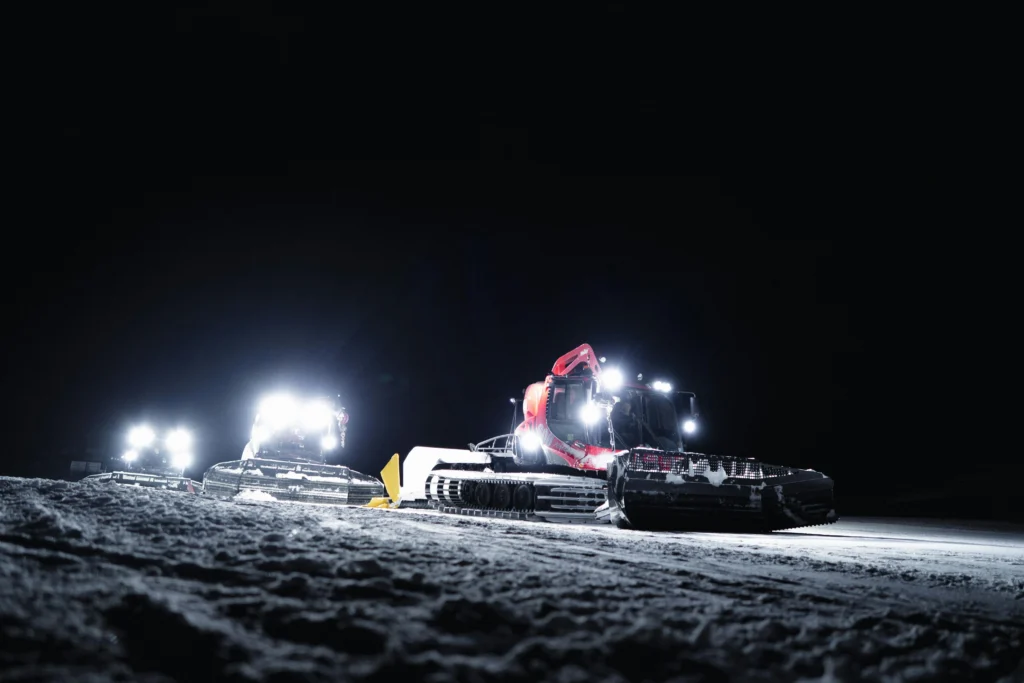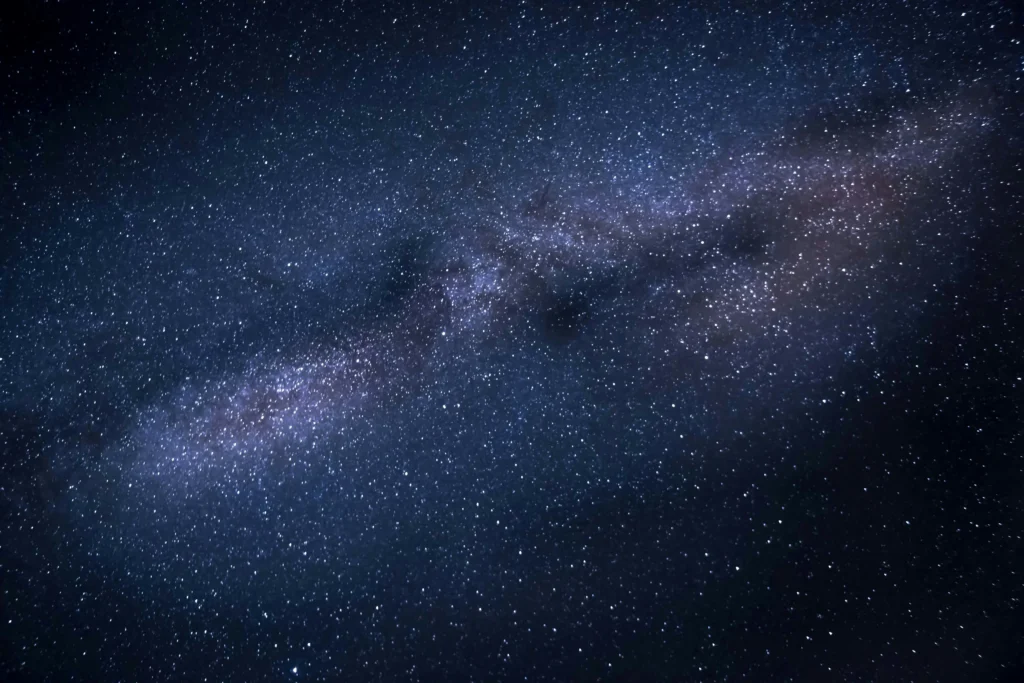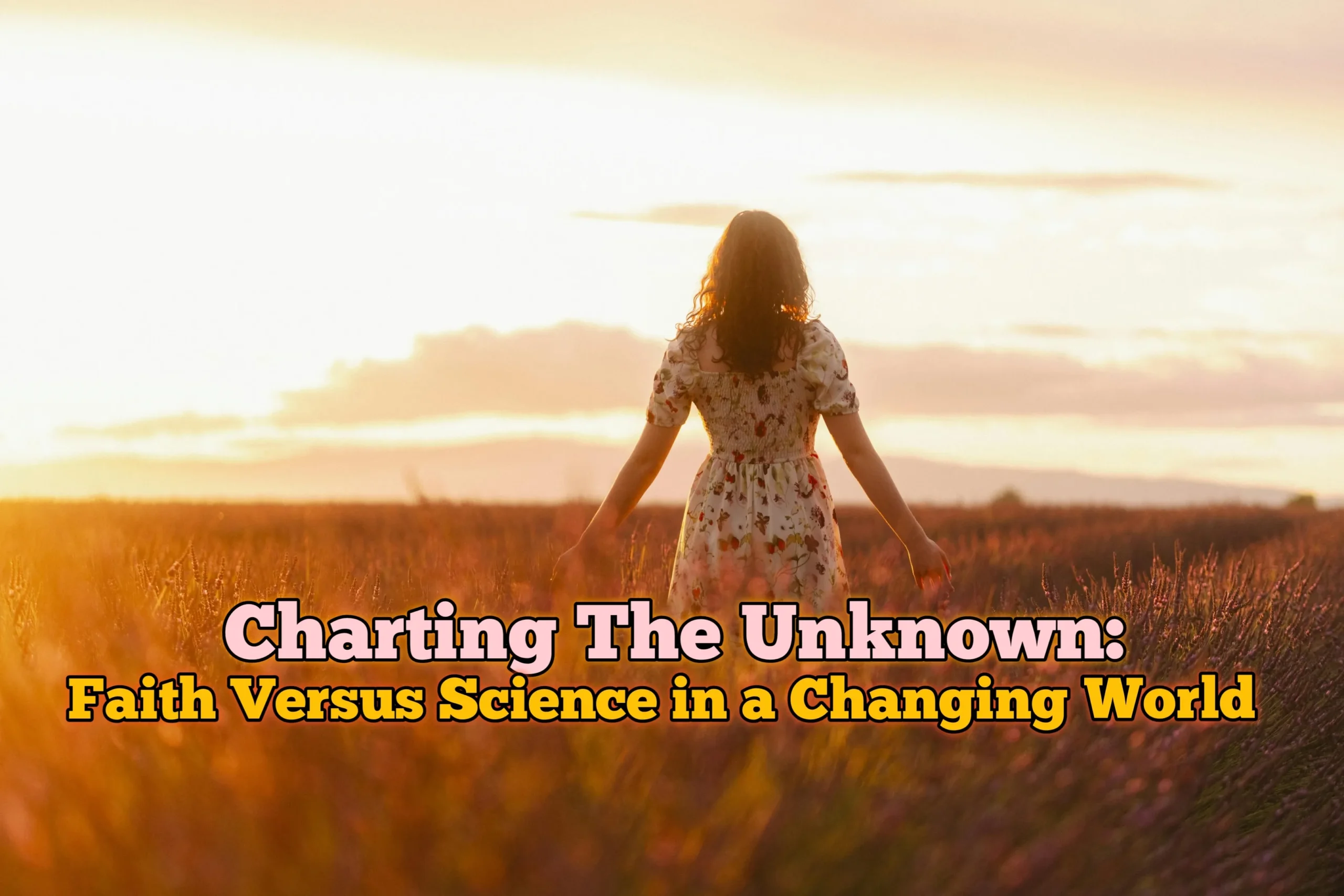Science and dogma both claim to seek the truth. But often they reject each other. Isn’t that strange? A scholar, even a doctor, can be so critical of scientific theories, yet swallow whole the story that humans can fly to heaven to meet God. Riding winged animals that travel faster than the speed of light. That a virgin can give birth, humans can walk on water, or can live for 3 or 40 days in the belly of a fish. All of that is impossible according to logic and the laws of science. But millions of people still consider it “absolute truth.” Including those with scientific degrees. A real paradox. How religious dogma is able to silence the critical faculties and rational reasoning of human beings.
Choose to believe in science or religious dogma?
We live in an age where academic degrees can reach sky-high heights, where six military stars can be officially awarded on one’s shoulders or unofficially (posthumously) even reach seven stars. But unfortunately, reason can remain deeply buried. People talk about quantum theory while believing that prayer can move mountains, split the moon, or even change someone’s destiny. They worship Newton in class, but bow down to texts that reject the logic of gravity.
We have the technology to explore Mars, but we are still busy debating which religious scripture is more correct; religion A or religion B. It’s the same as if we already had AI and chatGPT technology but were still busy debating which fairy tale is more real; Sangkuriang or Malin Kundang. It doesn’t make sense, right? Ironically, modern humans are quicker to update their iPhones than to update their way of thinking.

Science has taken us beyond the skies, but our minds are still bound to the ground of myths. This is a strange world, where humans can create robots with artificial intelligence but are still afraid to question “truths” that have been passed down without evidence. So the question is no longer whether we are knowledgeable enough, but whether we are truly brave enough to think. Because behind every title, there is a high possibility that what we are pursuing is not truth but validation from the crowd.
Religious critics often say, “Science is unreliable. Science is always changing.” And they are right. Science does often change its mind, from the earth being flat to the earth being round. From the center of the universe to a small planet in a corner of the galaxy. From Newton to Einstein. From absolute to relative. But they forget one thing; science changes not because it is confused. Rather, it is honest. It changes its conclusions when the evidence demands it. It rewrites itself every time it finds a mistake.
Unlike religion, even though no evidence has been found, there are many contradictions and errors. It does not want to revise itself. In fact, more and more religious leaders are appearing who use logical acrobatics to defend it. Science is not afraid to say, “We are wrong.” Meanwhile, many religions do not dare to say, “We have doubts.”
If religion is a sealed dogma, then science is a window that is always open. Sometimes it is dusty, but it continues to face the light. When Galileo showed that the earth revolves, the church imprisoned him. But today even monks use GPS, which was born from Einstein’s theory of relativity.
Science is indeed imperfect, but that is precisely because it can grow. It changes not to deceive, but to get closer to a truth that is constantly moving. And perhaps that is the biggest difference; religion wants to feel right, while science wants to be right (by constantly revising itself).
The funny thing is that many great scientists still live in two worlds. One world speaks through data, the other through prayer. High titles but common sense is dead. Buried by the beliefs inherited from their parents. There are biology professors who understand genetic mutations but still believe that the first humans were created from clay.
There are physics doctors who write journals about the relativity of time but believe that the sun once stopped spinning to grant an ancient prayer. The science in their heads is 1000 years ahead, but their faith is stuck in the Stone Age. They teach logic in lecture halls but ignore it in places of worship.
Perhaps because they know that logic can help you pass exams, but faith is what makes you accepted in society. Humans ultimately fear being ostracized more than they fear being wrong. Thus, a generation of ritualistic scientists was born. They memorize the laws of thermodynamics but are afraid to question family dogma. They talk about evidence, but live in their comfort zone. Between facts and beliefs, they do not choose truth but choose comfort. And therein lies the tragedy. Not because they don’t know, but because they know and then close their eyes.

“Little stars in the blue sky…” Remember that song from our childhood? Sweet lyrics. But scientifically, it’s wrong. Stars are not visible in the blue sky because the blue sky is daytime. Yet we still sing it, passing it on to our children. Not because it’s true, but because it’s a habit. That’s how tradition works. It doesn’t need proof, only repetition. “Don’t skip your prayers, okay?! Don’t forget to go to church on Sundays! Don’t forget Puja Tri Sandya, offering Canang Sari and Mesodan at the Sanggah or Pelinggih! That is the time for God.”
We embrace it, obediently and faithfully repeating it. Because it provides a sense of security in the environment we were raised in. And when the truth comes to challenge it, tradition will resist. Not because our heads are empty, but because we are afraid of losing our form. For some people, the truth feels like a betrayal of the family. So it is easier to defend fairy tales than to dismantle the legacy of dogma. We are taught to obey, not to understand. To believe, not to investigate. So don’t be surprised if there are people who would rather die for a symbol than live with questions. Tradition is often more than logic, because logic needs evidence. Meanwhile, tradition only needs stories that are repeated over and over again.
Ironically, as religion began to lose its influence, science took over the position of the altar. Now, many people no longer say, “God says,” but “Research says.” Data has become the new holy book. Algorithms have become modern prophets. And laboratories have become places of pilgrimage for those seeking certainty.
Science, which was born out of humility to ask questions, has slowly turned into a new arrogance to feel like it knows everything. Many people have stopped worshipping God, but have started worshipping methods. Yet science is like a scalpel; it can save or hurt, depending on who wields it. We worship technological progress but forget to ask: does progress mean wisdom? We create artificial intelligence but lose our inner intelligence. We study atoms but forget our conscience.
And amid the euphoria of a “data-driven world,” humans began to measure everything, except the meaning of life itself. Science can explain how lightning is formed, but it can never explain why humans are still afraid of the dark. Perhaps it is not religion that must be fought, but rather the way we unconsciously worship something—including science itself.
We often forget that truth is not always born in laboratories. And wisdom does not always come from holy books. Reason without heart gives birth to robots. But faith without logic gives birth to fanatics. Both are equally dangerous when they lose their balance. Imagine a bird with one wing being science and the other wing being consciousness. It can only fly when both wings move together.
But modern humans are too busy honing one wing and forgetting the other. We want to know the origin of the universe but forget to ask about the direction of our own lives. We debate the theory of evolution but do not evolve in our way of thinking. And amid all that noise, one thing is missing: the silence to understand ourselves.

God does not need to be defended, only understood. And science does not need to be worshipped, only practiced honestly. Perhaps the real truth is not about choosing between faith and reason, but daring to live in the space between the two, where questions and awareness can coexist peacefully. We live in an age where everything can be explained, but little is truly understood. Titles can be bought with time and discipline or even with money and connections. But awareness only comes through courage. The courage to think, to question, and to accept that most of what we know may only be half the truth.
Modern humans often think they are enlightened, when in fact they have only moved from one darkness to a more sophisticated darkness. In the past, we closed our eyes with prayer; now we close our eyes with data. We think we are free from myths, when in fact we have only changed their names and rituals. But among all that, there is still a small space within humans that continues to whisper, “Maybe there is something more than what can be measured.” And that is where awareness begins, not from answers, but from the courage to bear questions.
So don’t be surprised if there are professors who still bow to myths. Because the world is not lacking in smart people; what is rare are those who dare to be conscious. In the end, we are not looking for who is right, but who is truly thinking. Science can explain the universe, religion can teach meaning, but only consciousness can make humans truly alive.
Disclaimer
The information provided on this website, including but not limited to articles about technology, finance, stock markets, investment, business, self-development, trading, sales & marketing, music, and other related topics, is intended solely for general informational and educational purposes. While every effort is made to ensure the accuracy and reliability of the content, neither the website nor its authors make any warranties or representations regarding the completeness, accuracy, or suitability of the content for any specific purpose.
The contents of this website do not constitute professional, financial, investment, legal, or other expert advice. Readers are advised to consult with suitably qualified professionals regarding specific issues or decisions. Any reliance placed on such information is strictly at your own risk.
Neither the website nor its owners, authors, or affiliates shall be held responsible or liable for any loss or damage—direct or indirect—that may arise from the use of, or reliance on, information provided herein. Past performance in financial markets or business is not indicative of future results. The website may include links to third-party websites for your convenience; however, we do not endorse or take responsibility for the content or accuracy of external sites.
By using this website, you agree to assume full responsibility for any actions taken based on the information presented, and acknowledge that the website expressly disclaims all liability to the maximum extent permitted by law.

